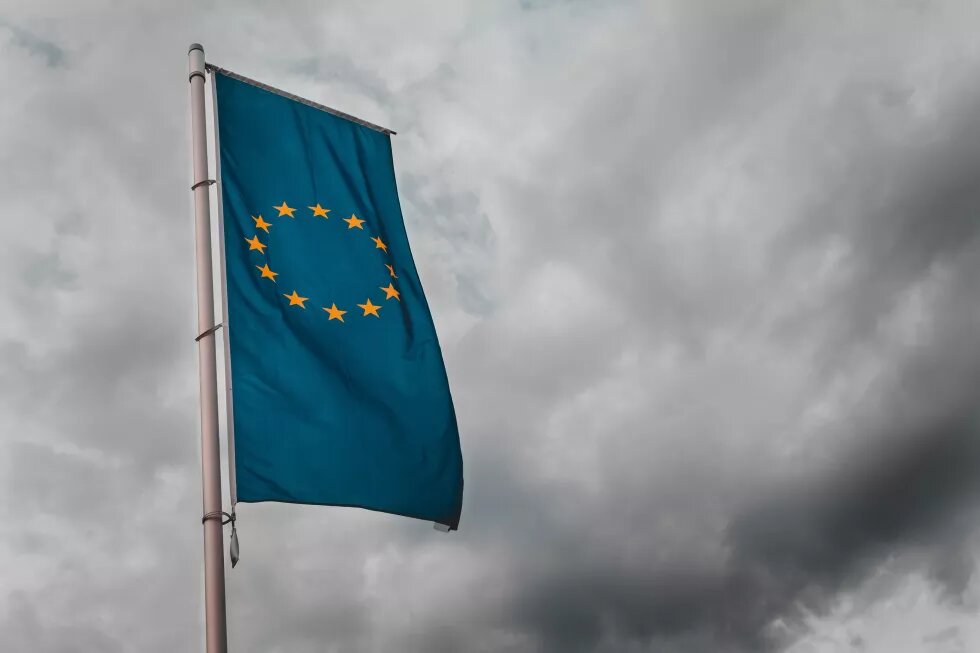European digital laws and technologies are exported to other regions of the world, where marginalized groups can be negatively affected by the adoption of regulatory and technical standards that do not fit their cultural needs and realities.

Not all regions of the world equally contribute to the development of the internet ecosystem and to the regulatory framework that applies to it. The European Union (EU), along with other Western countries, is actively participating in the internet governance regime. It does so by both building a growing body of laws specifically regulating online challenges and dominating the production of software.
As a result, the EU exports its political and cultural norms to other parts of the world through the way it regulates the internet. For example, after the adoption of the European data protection law in 2018, several countries including Brazil, Argentina, Japan and India have either adopted their first data protection law or are in the process of updating their current legal framework.
However, what works in a European context is not necessarily suited for a different cultural environment. When online services and apps are built with relatively poor security levels, it does reflect Western-centric norms. These weak security features endanger vulnerable communities, such as LGBTQI+ people, when the apps develop globally and become viral. This is especially the case in the Global South where repressive governments use aggressive surveillance measures.
The developers community remains in the majority male, white, middle aged and heterosexual, with limited understanding of other local realities. The main problem is therefore that affected communities are not involved in the production stages.
Similarly, when Europe develops its standards for freedom of expression online and how it regulates the role of internet companies that host users’ content, it has an impact on the way similar laws are designed on other continents. Whether by turning companies into judges or by allowing users to enjoy their rights and freedoms, Europe is and will continue to influence the state of human rights online around the world, for better or worse.
This article was first published (12th November 2019) online via hiig.de and is part of the publication "Critical Voices, Visions and Vectors for Internet Governance". In order to find the sources and literature used for the individual statements, please visit the publication.

